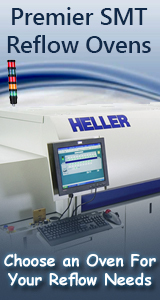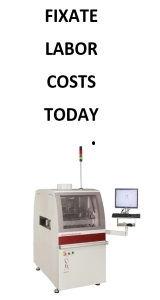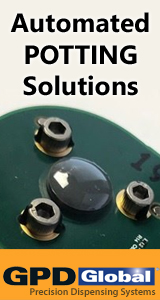No one knows what type of board you use. So, assuming you're talking a fairly standard FR4.
Q1a. actually, what is max temperature and duration can a bare PCB reflow without any quality problem? A1a. We'd guess your board could take 250*C for maybe 10-15 seconds
Q1b. if i allow bare PCB go thru. reflow oven 2x time, what is the side effect will i face? A1b. None. We reflow board 2X every day of the week, all day and night long.
Q2. Normal baking for pcb is 125C for 24 hrs, if i would like to reduce the time, what is the max. temp can i go and what is the duration? A2. Every laminate supplier that we know, recommends that the bare boards be baked prior to assembly. This is regardless of material type, but is more important with polyimide as it more readily absorbs moisture than FR4 materials. The time and temps that the laminate suppliers recommend vary, but generally they are in the range of 250 *F for 4 - 6 hours. It is important to make sure that the boards get above 212 *F and stay there for the 4 -6 hours. Racking boards (as opposed to stacking) will make the baking more efficient. Use the boards within a few hours of baking or they will re-absorb moisture.
If you tell your board fab that his / her boards are delaminating, he / she will tell you to bake the boards. Most assembly operations can probably get by without baking the majority of the time. However, if you do not bake you run an increased risk of delamination. Only you can decide if the increased risk is worth the savings of not baking.
See fabs figure, when boards go through the HASL process at the fab's plant, the boards are submerged in 465 *F solder for 5 to 6 seconds. This is an excellent thermal stress (not thermal shock) test. If delamination was going to happen, it should show up here. However, it must be remembered that fab always bakes the boards just prior to the HASL process. When you mass solder your boards in an oven, they are in the tunnel for a lot longer than 5 to 6 seconds.
Bottom line for us: If you buy a good quality board you do not need to bake the board. If your problem is out gassing, increase the through hole plating to a minimum of 25um. Should be between 30-35um. If the problem is delamination, the problem is the bonding or the prepreg.
reply »
![]() hi,
we are running high mixed low volume here, and i en...
- Sep 06, 2004
by
hi,
we are running high mixed low volume here, and i en...
- Sep 06, 2004
by
![]()
![]() No one knows what type of board you use. So, assuming you'r...
- Sep 07, 2004
by
davef
No one knows what type of board you use. So, assuming you'r...
- Sep 07, 2004
by
davef
![]()







